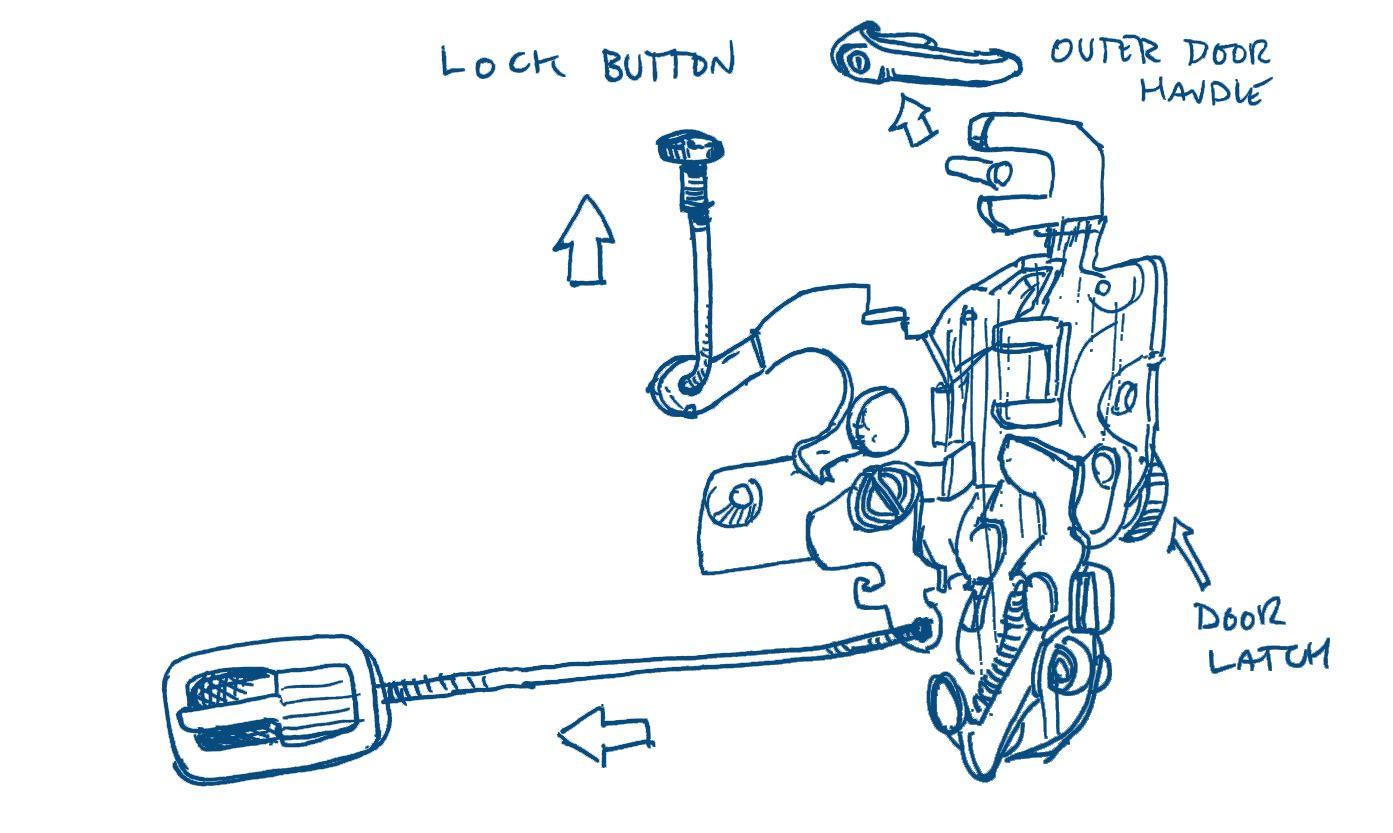Even at 65, Cindi Lauper is still a girl who wants to have fun.
Otherwise known as how you can expose private user information like passwords using CSS if you don’t know what you’re doing.
It is nice to see CSS growing up: transitioning from inconsistent browser support back in the day to CSS injections now seems like a very adult phase.
There exists a subreddit for “photos accidentally resembling a work by Wes Anderson”.
I took out a loan to pay for an exorcism. If I don’t pay it back, I’m going to get repossessed.

Some stunning rare cars in Singapore.
On the Phenomenon of Bullshit Jobs → In the year 1930, John Maynard Keynes predicted that, by century’s end, technology would have advanced sufficiently that countries like Great Britain or the United States would have achieved a 15-hour work week. There’s every reason to believe he was right. In technological terms, we are quite capable of this. And yet it didn’t happen. Instead, technology has been marshaled, if anything, to figure out ways to make us all work more. In order to achieve this, jobs have had to be created that are, effectively, pointless. Huge swathes of people, in Europe and North America in particular, spend their entire working lives performing tasks they secretly believe do not really need to be performed […] It’s as if someone were out there making up pointless jobs just for the sake of keeping us all working.
Yeah, it’s cool and nifty and all but it utterly breaks my workflow of using existing blocks of content in older posts to create new posts irregularly. Which really messes with the muscle memory recall. So although I wanted to road-test it, I felt this urge to deactivate it real quick (which could only be done via the plugins panel). Now I’m back on the classic editor and the world—if only for a moment—is alright again.
The speed of that animated GIF… wow, does everyone else really think, edit, and publish with such sure-footedness and speed?
The possibility of adverse consequences from CRISPR’d cells has caused some company officials to argue that if, say, their therapy cures a child of a devastating disease, but increases her risk of cancer, that might be an acceptable trade-off.











